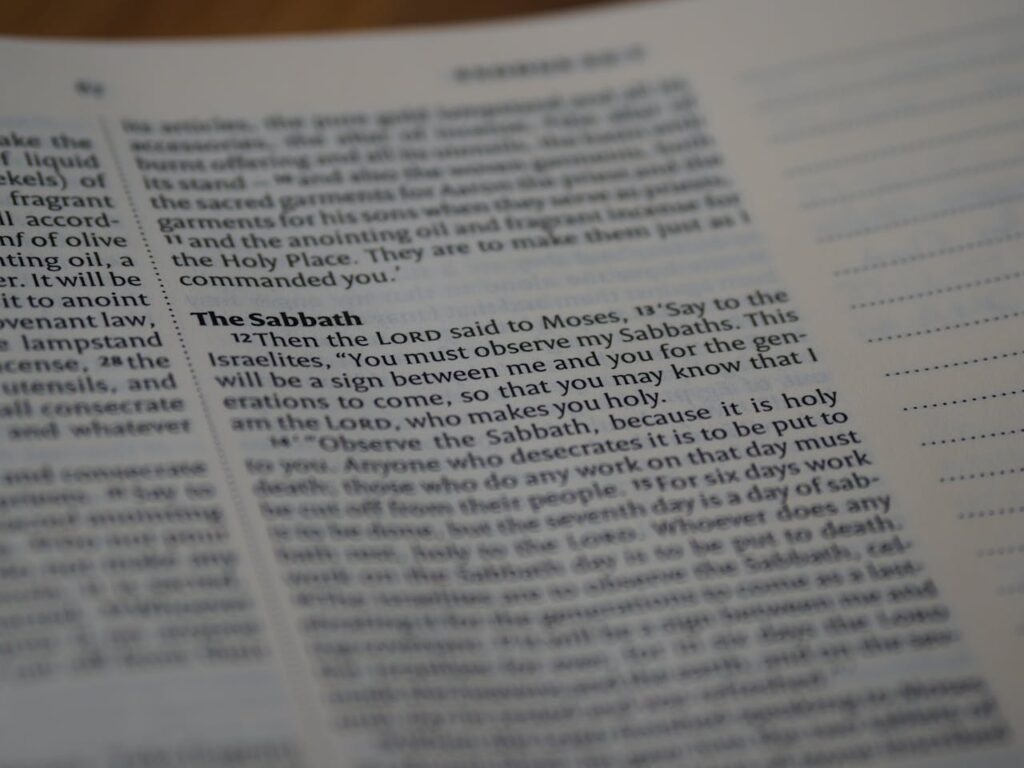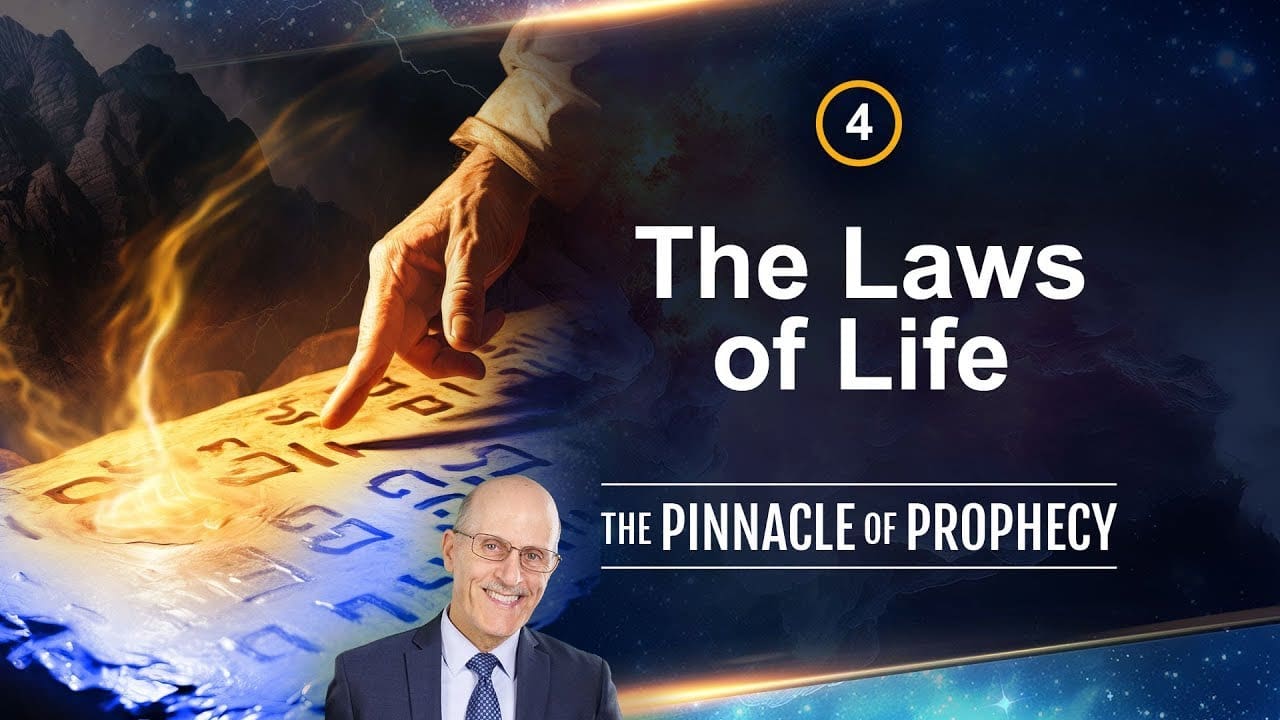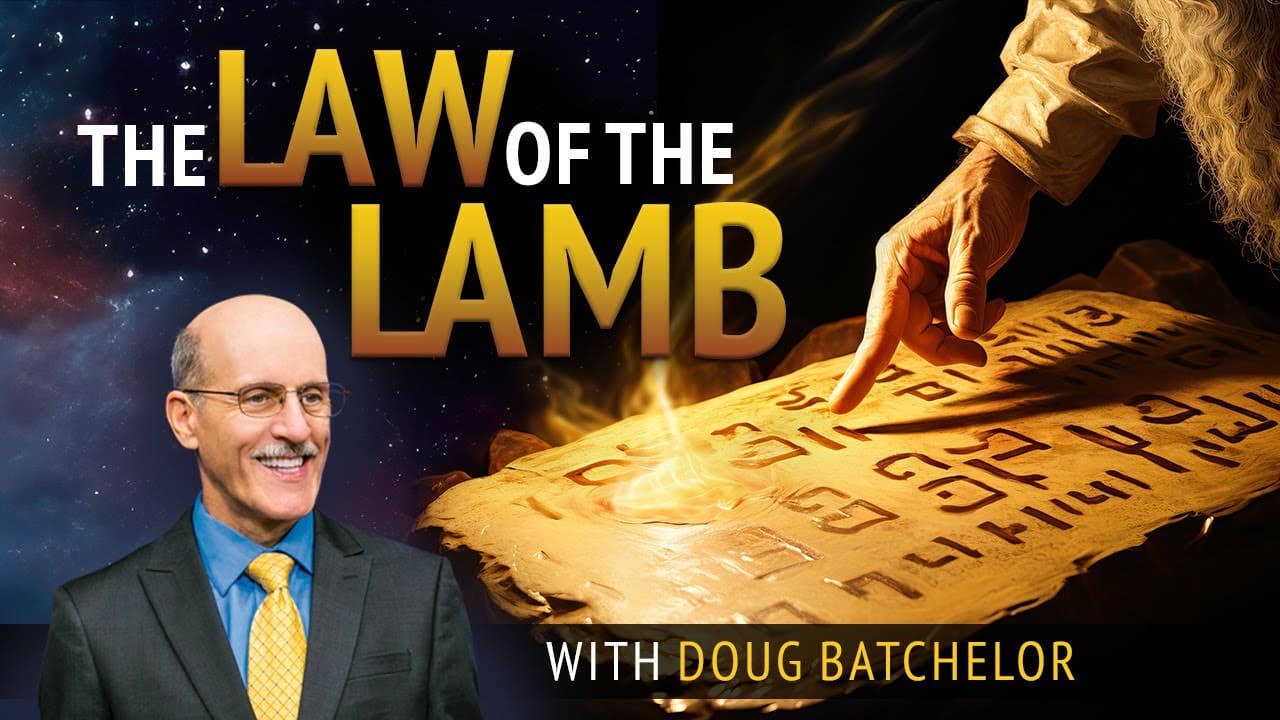The lunar Sabbath theory suggests that the seven-day week was reset after each new moon, resulting in the Sabbath always falling on the 8th, 15th, 22nd, and 29th of a given lunar month. However, the author of the passage states that the evidence supporting this theory is faulty and does not hold up under scrutiny.
The arguments presented in support of lunar Sabbaths are summarized as follows:
- It is suggested that the Sabbath falls on the 15th of three consecutive biblical months, indicating a lunar-based Sabbath.
- It is asserted that no Sabbath in scripture can be shown to occur on any day other than the 8th, 15th, 22nd, or 29th of a lunar cycle.
- It is argued that the lunar calendar was essential for determining feast days in the Old Testament and, therefore, should also be used for calculating Sabbath dates.
- It is claimed that ancient authorities trace the seven-day week to Babylonian sources and that Jews anciently kept the Sabbath on a lunar basis, which was changed by the Roman power.
- Circumstantial evidence is cited, suggesting lunar Sabbaths during the time of Joshua, Solomon, Hezekiah, and Paul.
- It is argued that new moons do not count as “working days” in the new moon calendar, maintaining the presence of six working days in each weekly cycle.
The author examines each of these arguments and provides counterpoints or alternative explanations. They conclude that none of the primary lines of evidence for lunar Sabbaths hold up under investigation. They also highlight the importance of relying on clear and direct commands from scripture rather than speculative interpretations or circumstantial evidence.
Furthermore, the author presents additional facts that settle the matter more substantially, including:
- The week was being counted before the creation of the sun and moon, indicating that the week is independent of the lunar cycle.
- The phrase “seven weeks” in Leviticus 23 and Daniel 9 establishes that seven weeks are 49 days, refuting the notion of a lunar-based week.
- The timing of the 1260-year prophecy (538 AD to 1798 AD) is too late for changing the nature of the week.
Based on their analysis and the lack of clear biblical evidence supporting lunar Sabbaths, the author concludes that the lunar Sabbath theory is false and promotes confusion. They encourage a reliance on solid biblical teachings and a demand for a “Thus saith the Lord” for articles of belief.














